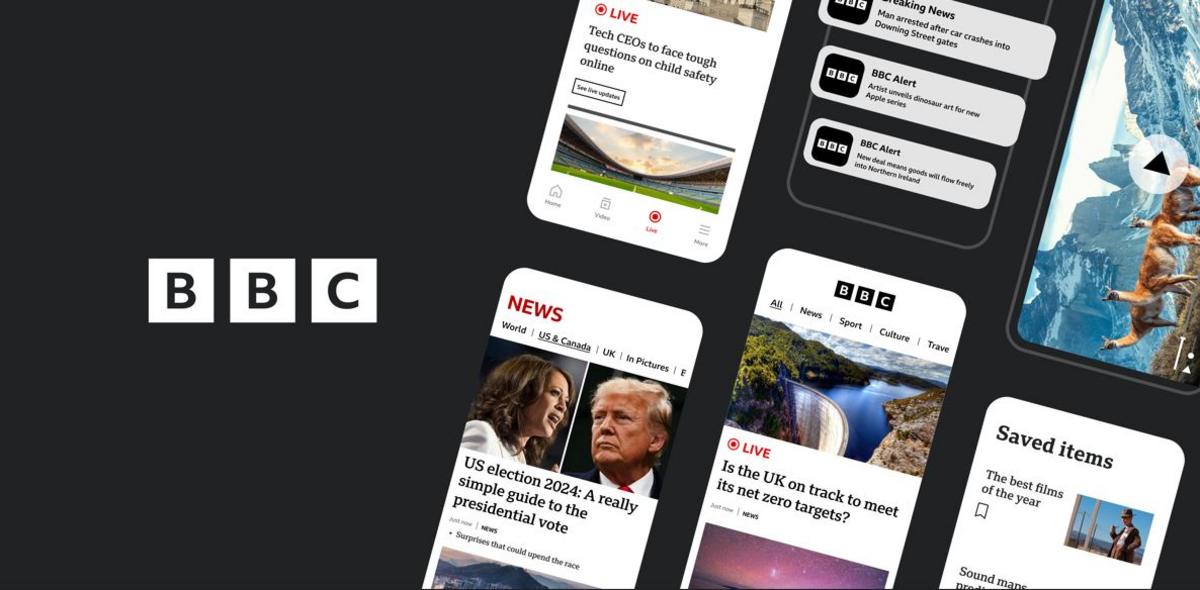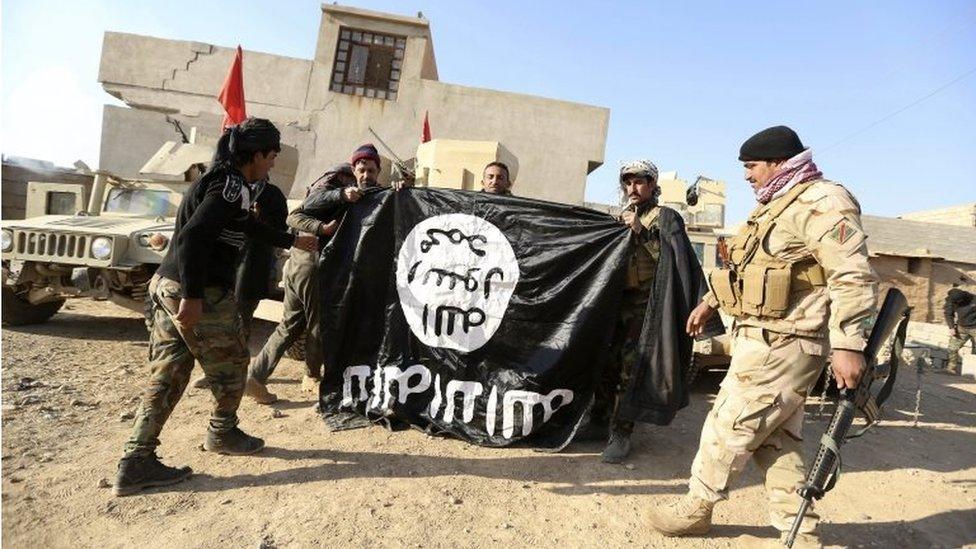PP 1 | Tiffany Wiley
Position Paper 1
News and Information
Overview
The BBC (British Broadcasting Corporation) is the UK's public service broadcaster. BBC News includes TV, radio, and especially a large international online presence. It is funded mainly by the UK government via the TV license fee, with editorial independence mandated in principle, though there are ongoing debates about how well that works in practice.
Freedom of Speech
The UK has a reasonably strong legal institutional protection for press freedom compared to many other countries. There are libel laws, but generally, political speech is permissible, investigative journalism is allowed, and dissent is possible. However, there are constraints, for example there have been public complaints and legal or regulatory scrutiny about BBC's coverage of certain political issues like the Middle East conflict, UK politics.
Critics argue that BBC sometimes softens or frames certain stories due to government pressure. The concerns all directed towards perception, or the desire to appear impartial.
Hard & Featured Stories
BBC tends to combine timely breaking news with context and background sources. Because of its global audience, it often includes how things work, why something matters, and include infographics and analysis.
Some hard news stories include topics such as:
- Conflict/war
- Diplomacy
- Global crises
- Human rights abuses
- Environment /climate change
- Investigative journalism
- Human interest pieces
- Culture and Science
- Documentaries or video features
- Minority/ marginalized voices: Local community issues, indigenous perspectives, and small-group grievances often don't get full coverage.
- Grassroots activism: Local activists sometimes report in detail about environmental damage, corporate abuses, minor conflicts that may not reach BBC's thresholds as "newsworthiness."
- Censorship: In countries where BBC is banned or content restricted (Burkina Faso suspending BBC broadcasts) there are stories BBC carries but then local censorship hides them. Alternative media or diaspora outlets often provide coverage in those cases.
- Large resources
- Global network
- Reputation for reliable reporting
- Ability to combine analysis and multimedia
- Accusations of bias
- Criticized for false balance
- Underrepresentation of certain voices


Comments
Post a Comment